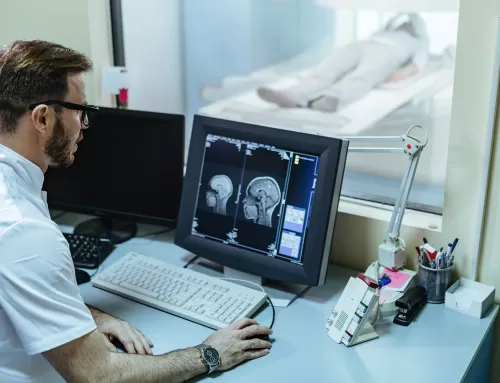In the context of psychological injury claims, the proof of psychological injury plays a crucial role in pursuing justice. This extends beyond physical injuries; psychological responses to injury can have equally devastating effects, profoundly impacting one’s mental well-being.
This comprehensive article dives into the intricacies of demonstrating psychological harm and the key figures in this realm. Our goal is to offer profound insights into the importance of this verification, the symptoms associated with psychiatric injuries, the essential medical evidence needed, and the differentiation between these two specialised domains.
What is Proof of Psychological Injury?
When dealing with claims related to psychiatric harm, the legal landscape is far from straightforward. Unlike obvious physical injuries, gathering proof of psychological injury for claim it stems from the same incident is a significantly more intricate process. The claimant must furnish concrete evidence that establishes a clear connection between the accident or negligence and the psychiatric harm. The complexity arises from the intangible nature of psychological damage, making it challenging to establish within a legal framework.
Nevertheless, it is crucial to acknowledge that the impact and proof of psychological injury claim can be just as life-altering as physical trauma. Conditions such as post traumatic stress disorder, adjustment disorder, and depression are examples of psychiatric injuries. Their symptoms often encompass night terrors, insomnia, heightened anxiety, panic episodes, agoraphobia, hyper-vigilance, and even contemplation of self-harm.
These conditions can significantly disrupt an individual’s quality of life, underscoring the importance of comprehending how to provide the necessary evidence for a successful claim.
The Significance of Medical Substantiation
The crux of constructing a case in psychiatric injury claims revolves around proof of psychological injury. This practice demonstrates that the defendant breached their duty of care. This breach of duty must be irrefutably linked to the victim’s mental trauma. Consequently, the presentation of robust medical evidence is important in substantiating the claim. This medical proof of psychological injury is crucial in proving that the breach of duty was, indeed, the cause of the psychiatric harm, leaving no room for doubt.
Depending on the nature and severity of the psychiatric injury, the decision between procuring a medical report from a psychologist or a psychiatrist becomes a paramount consideration. Both specialists are competent to provide expert medico-legal evidence supporting a personal injury claim. Nevertheless, it is imperative to grasp the fundamental disparities between these two professions.
The critical decision-making process
The decision of whether to engage a psychiatrist or a psychologist in a personal injury claim is highly technical. It hinges on the unique circumstances of each case. Making the right choice is paramount for building a robust case and managing the costs associated with the requisite professional reports. The decision should be founded on a thorough evaluation of the specific demands of the case and the expertise of the specialists.
Final Thoughts
Comprehending the roles and qualifications of psychiatrists and psychologists assumes a paramount role when you require proof of psychological injury to get compensation for claims. Selecting the right expert to furnish evidence for your case is not merely a strategic consideration; it can profoundly influence the outcome of your claim. It is essential to optimising your expenditure and bolstering your prospects of a successful claim. In the pursuit of justice, knowledge stands as your most invaluable ally.
By promoting awareness and implementing preventive measures, we can work towards reducing the impact of these potentially life-altering injuries. If you have undergone a traumatic injury and require a professional’s opinion for outlining and demonstrating the proof of Psychological injury, feel free to contact us! We are always at your service and our expert witness panel is ready to get you closer to justice.




